The coming of foreign farm investors…what lessons for Nigeria ?
- Business Day
- 08 June 2009
It is not clear whether a strategy is in place to ensure that part of the food produced by the rich food importers farms will be sold locally.
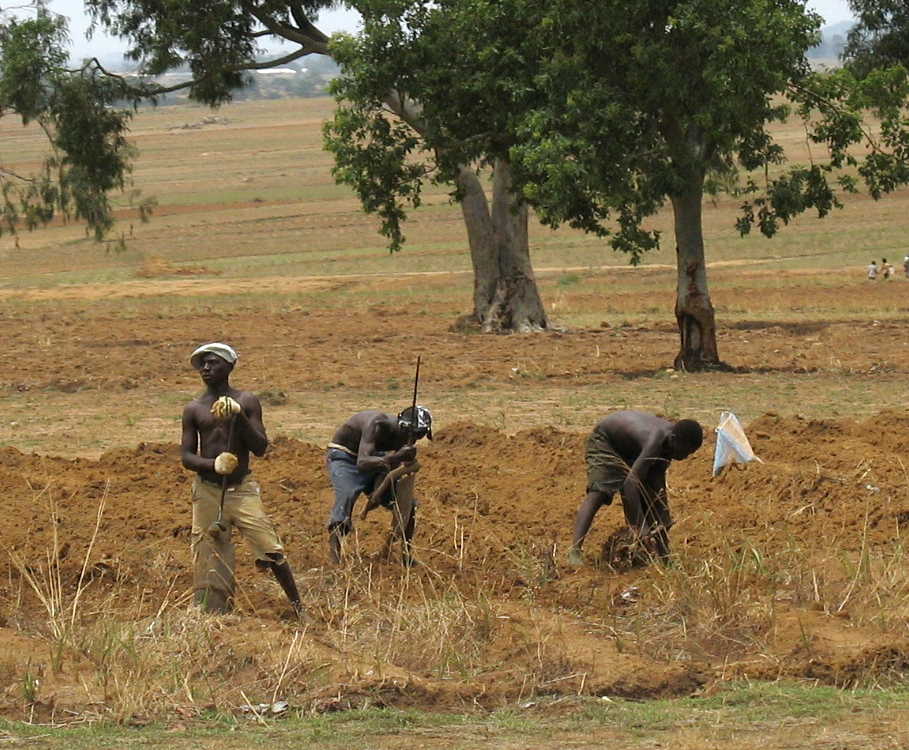
It is not clear whether a strategy is in place to ensure that part of the food produced by the rich food importers farms will be sold locally.
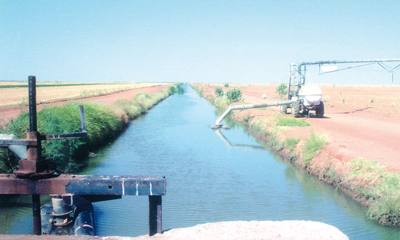
The government said on Sunday that a draft agreement with the private sector on the stalled Jordanian agricultural megaproject in Sudan is being finalised in order to be sent to the Cabinet for approval.v

It is clear that the proposed solutions by corporate interests are based on acquiring large tracts of land and cheap labour for industrial scale production, serving to maintain the lifestyle of societies of over-consumption thereby exacerbating the crises both in the North and the South.
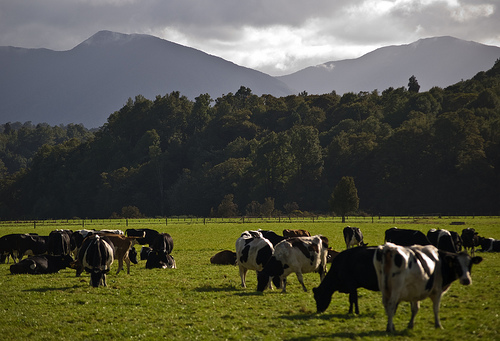
The next six to 12 months may be the best time in five years to buy a dairy farm or a share in one, according to investment company MyFarm in New Zealand. The global recession has not changed anything.
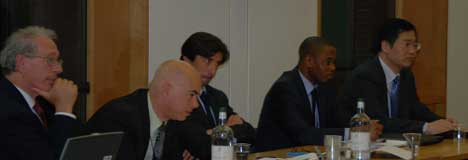
Au delà de sa boulimie pour les matières premières du sous-sol africain, la Chine a aussi commencé à s’intéresser à l’agriculture africaine.
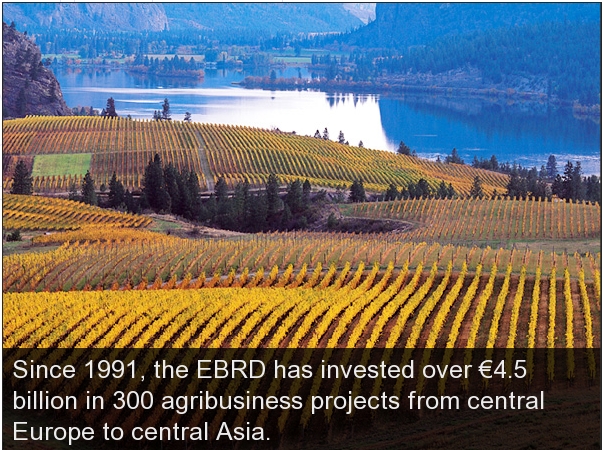
Russia and other ex-Soviet countries could boost world food supply by encouraging more private investment, the head of the European Bank for Reconstruction and Development (EBRD) said on Saturday.
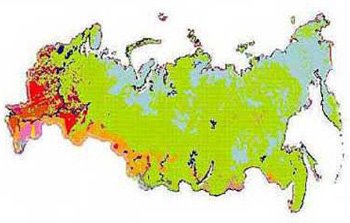
International executives urged Russia to maximise its potential by encouraging more private investment and opening up more land to foreign investors.
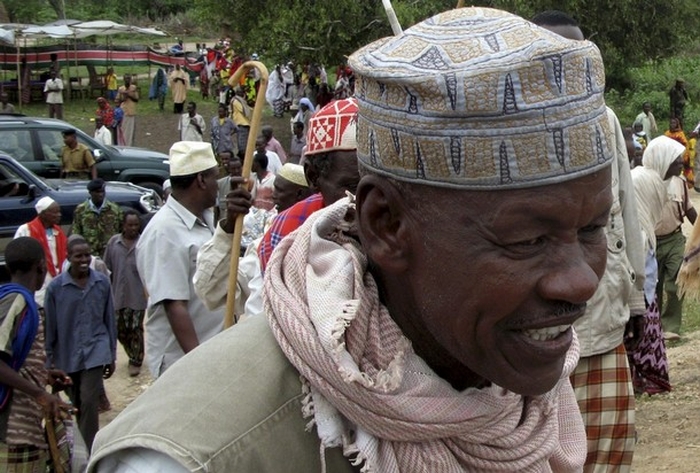
The Qatari land deal in Kenya’s Tana River Delta has been seized upon by locals who have promised to fight it – to the death, if it comes to that.

FARM vous propose une note de lecture en français du rapport de l'IIED, qui reprend les principales conclusions et les complète par des détails sur certains contrats d’achat ou de vente de terre signés.
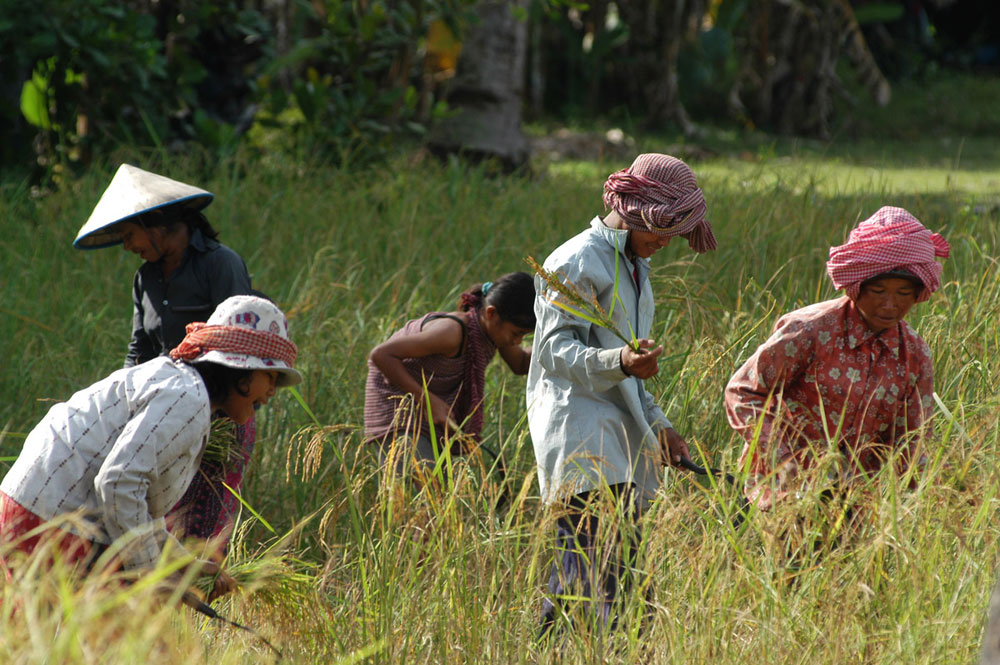
Des Etats multiplient les achats de terres agricoles au Sud. Avec des conséquences parfois dramatiques pour les populations locales.

"Finance Minister Yousef Hussein Kamal said he had personally been traveling to Vietnam, Cambodia, Yemen, Sudan, Tajikistan, and elsewhere to look into investing in agricultural production for the Qatari market," reports the US Embassy in Doha about a visit from US Treasury Secretary Henry Paulson

"In the conditions of the current food crisis, development of 20 million hectares of Russian agricultural land, unused since 1991, could be re-launched," says Russia's president
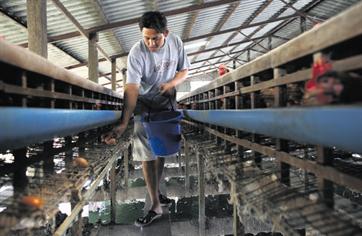
The UAE Government is holding talks with Thailand about plans to develop huge livestock farms in the Southeast Asian country.

The European Union is concerned by the trend of foreign investors and countries acquiring large tracts of farmland in developing countries to guarantee their own food security, a senior EU official said on Wednesday.
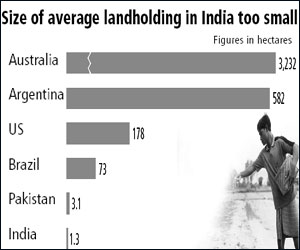
Capitalists of the world are cornering land in emerging markets. India need not wait until international agencies start lecturing us on the need for “reforms” (and FDI) in agriculture.
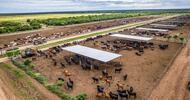
|
Paraguay: Huge beef farm hits market
|

|
Obsolètes, les réformes agraires ?
|